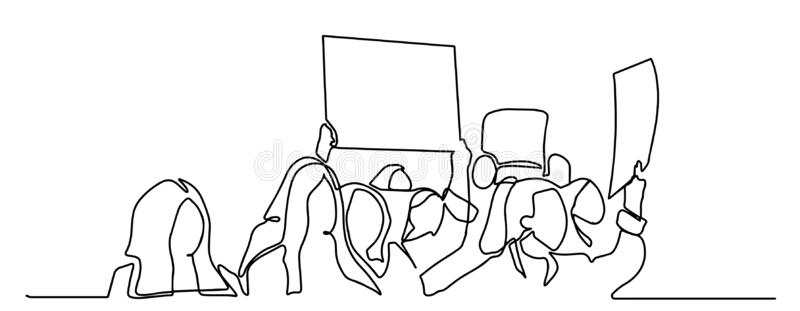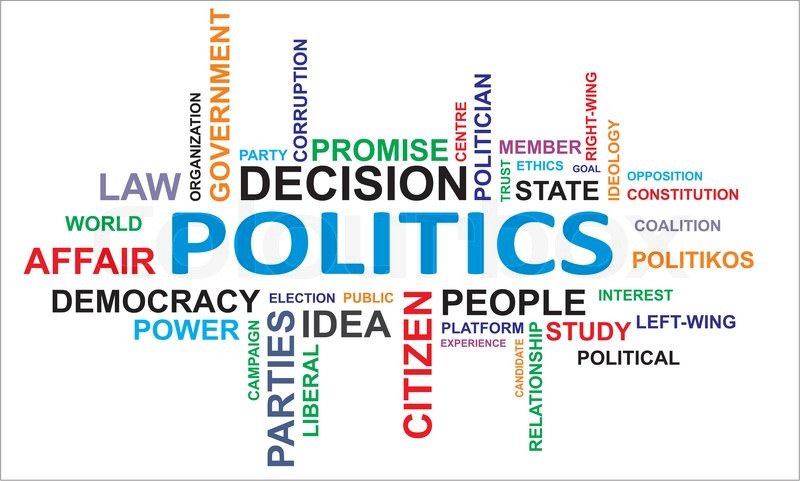POLITICS
Political philosophy is concerned, at the most abstract level, with the concepts and arguments involved in political opinion. Broadly, however, one may characterize as political all those practices and institutions that are concerned with government.
Political economy is an interdisciplinary branch of the social sciences that focuses on the interrelationships among individuals, governments, and public policy. Political economists study how politics and economic theories (e.g., capitalism) work in the real world.
Political methodology is a subfield of political science that studies the quantitative and qualitative methods used to study politics. It combines statistics, mathematics, and formal theory. The method uses positive research, in contrast to normative research.
Race politics is the use of race, as a human categorization or hierarchical identifier, in political discourse, campaigns, or within the societal and cultural climate created by such practice. The phenomenon can involve the activity of political operatives intent on exploiting the issue of race to forward an agenda (e.g., White Supremacy, Black Lives Matter, Assault Weapons Ban, etc.,).
Identity politics is a political approach wherein people of a particular gender, religion, race, social background, class or other identifying factor develop political agendas based around one or more of these categories. Identity labels are not mutually exclusive but are in many cases compounded into one (e.g., an Asian, female, middle-class, veteran).
Comparative politics is characterized either by the use of the comparative method or other empirical methods to explore politics within (as opposed to between) countries. Substantively, this can include questions relating to political institutions, political behavior, conflict, and the causes and consequences of economic development.
The North American Treaty Organization (NATO) is another multi-national political treaty established after World War 2. Its primary goal is to contain Russian aggression by creating a military pact. If one NATO nation is attacked, then the rest will (supposedly) come to their defence. This deters potential Russian aggression.
The North American Free Trade Agreement (NAFTA) was a flashpoint of anti-globalization sentiment in the 1990s because it was seen to decrease labor standards and would lead to the exodus of blue-collar jobs from the United States. The trade deal between the United States, Canada and Mexico was eventually replaced by protectionist-leaning president Donald Trump and replaced by the USMCA agreement which had reinstated some provisions to strengthen the power of nation-states to protect their industries.
The North American Aerospace Defense Command (NORAD) is a United States and Canada bi-national organization charged with the missions of aerospace warning, aerospace control and maritime warning for North America. Aerospace warning includes the detection, validation, and warning of attack against North America whether by aircraft, missiles, or space vehicles, through mutual support arrangements with other commands.
Many allied nations engage in annual war games in a bid to strengthen military ties and protect their interests. The United States and South Korea do this regularly, for example, as a sign of strength against potential North Korean aggression. This sort of political diplomacy is designed to strengthen allied blocs of nations and deter foreign attacks.

As the 21st Century progresses, the problem of climate change becomes more and more pressing to solve. Many nations claim that they alone can do very little to solve climate change. They will often cite that they’re only responsible for a tiny percentage of global carbon emissions (this is very common to hear in Australian politics).
In this context, an effective way to solve climate change is to create a global pact where all nations (which each account for only a small amount of carbon emissions) come together and agree to targets and standards for reducing emissions. Attempts have been made to address this – such as in the Copenhagen and Paris climate accords, although it’s widely believed that these accords fall far too short and will not prevent catastrophic climate change. Nonetheless, if this problem will be solved, it’s likely to only occur at a global multinational level.
The European Union (EU) is a trade and treaty bloc comprising of 27 nation-states on the continent of Europe. It is the successor of several other political agreements established after World War 2 to help integrate the European continent after the war. Supporters of the EU say that the union has made Europe a safer and more harmonious place. Each nation’s economic success is more dependent on others in the bloc than ever before. This interdependence makes resorting to wars to solve disputes less likely. The bloc also has the goal of spreading freedom and human rights across the continent. Here, one can see that there are both economic and political goals built into this union.
The Belt and Road Initiative is a trade initiative established by China designed to spread China’s sphere of influence across Asia and the Middle East. The initiative creates trade routes through over 70 nations and is the centerpiece of China’s foreign policy. Critics say China’s foreign affairs strategy often puts small nations in debt to China so China can leverage political power and favors in the future.

